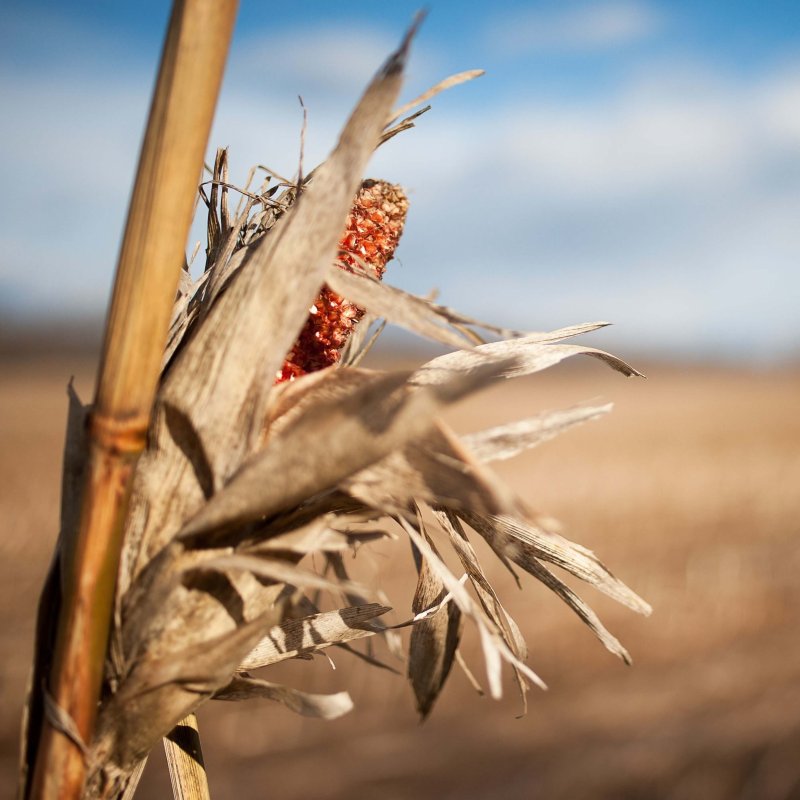Could harnessing the power of “resurrection plants” – with the ability to survive severe water shortages for years – hold the secret to feeding a hungry planet?
Jill Farrant, a biology professor at Cape Town University, hopes that by putting resurrection plants’ survival skills into crops, making them drought-tolerant, the world’s population could be better fed.
Farrant and her team are currently testing the technique on maize, but in theory, it could be applied to any crop, she said.
…
During a drought, a resurrection plant behaves like a seed, drying up and appearing to be dead, but then bursts back to life when rain finally falls.
“Since all crops produce dry seeds, this implies that the genetic mechanisms for desiccation tolerance exist in crops,” said Farrant.
The problem is the mechanism is not switched on, she said. By modifying the existing gene composition, Farrant and her team could potentially produce drought-tolerant crops.
“By figuring out how they turn on these genes in roots and leaves, we can enable the same processes in leaves and roots of crops under drought conditions,” Farrant said.
…
Her first trial crops are maize, beans and an edible grass called teff, which accounts for two-thirds of the daily protein intake in hunger-stricken Ethiopia.
The GLP aggregated and excerpted this blog/article to reflect the diversity of news, opinion, and analysis. Read full, original post: Could ‘resurrection’ crops survive drought and feed a hungry planet?
For more background on the Genetic Literacy Project, read GLP on Wikipedia































